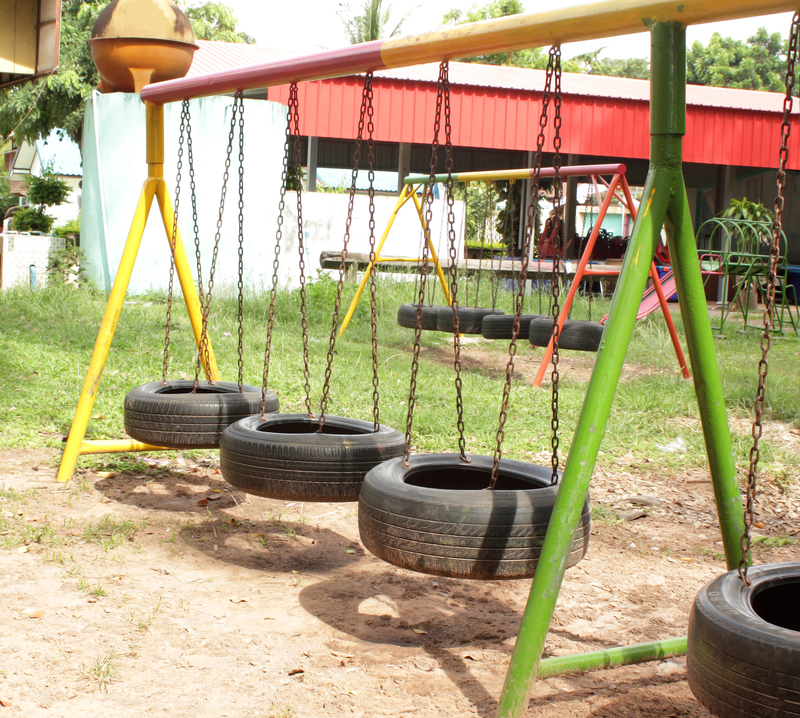The Environmental Impact of Recycling Metals
The recycling of metals is an integral aspect of modern waste management practices, playing a crucial role in conserving natural resources and reducing the ecological footprint. The environmental impact of metal recycling is profound, helping in energy conservation, reduction of pollution, and preservation of low-embodied energy in products.
Understanding the Significance of Metal Recycling
Metals such as aluminum, steel, copper, and iron are ubiquitous in our daily lives, being essential components of various products from soda cans to automobiles. Given the high demand and the energy-intensive nature of metal production, recycling presents a much-needed sustainable solution. By understanding the importance of recycling, we can make informed choices that benefit both the economy and the environment.
Benefits of Recycling Metals
- Energy Conservation: Recycling metals requires significantly less energy than extracting and processing raw materials. For instance, recycled aluminum uses over 90% less energy compared to new aluminum production.
- Reduction in Greenhouse Gas Emissions: Since the energy requirements are lower, the emissions of carbon dioxide and other greenhouse gases are also considerably reduced.
- Conservation of Natural Resources: By recycling, we can reduce the need for mining, which is a highly destructive and resource-intensive activity.
- Minimal Environmental Disturbance: Recycling mitigates the environmental impact associated with mineral extraction, such as deforestation and habitat destruction.
Challenges in Metal Recycling
Despite the tremendous benefits, metal recycling faces a few challenges that must be addressed:
- Contamination: Contamination of metal scraps can degrade the quality of the recycled product and increase processing costs.
- Infrastructure: Developing effective recycling infrastructure is crucial, yet remains a challenge in many parts of the world.
- Economic Factors: Fluctuating market prices for metals can affect the profitability and sustainability of recycling programs.

The Process of Recycling Metals
Collection and Sorting
The first step in recycling metals is collection and sorting. Various methods are used to collect metal waste, including curbside collections, recycling centers, and buy-back programs. Once collected, metals are sorted based on their properties, such as ferrous versus non-ferrous.
Processing and Melting
After sorting, the metals are processed to remove impurities and prepared for melting. During melting, metals are heated in large furnaces. This step varies depending on the type of metal due to its unique melting point and reprocessing needs.
Purification and Solidification
Once melted, the metal undergoes purification to remove remaining impurities. Various techniques, such as electrolysis or using powerful magnets, are employed. After purification, the metal is solidified into ingots or specific forms for transportation and further manufacturing.
Environmental Benefits of Metal Recycling
Recycling metals significantly reduces the environmental impact associated with raw material extraction, processing, and waste management. This process alleviates pressure on natural resources and contributes to a sustainable cycle of production and consumption.
Reduction in Landfill Use
Recycled metals reduce the amount of waste sent to landfills, preserving these spaces and preventing the leaching of metals that can lead to soil and water contamination.
Lowering Energy Consumption
By reducing the need for metal extraction and refining, recycling greatly diminishes energy use, which in turn lessens the burden on power plants, reducing reliance on non-renewable energy sources.
Decreasing Air and Water Pollution
Less energy-intensive processes in recycling mean fewer pollutants are released into the atmosphere, decreasing air pollution. Additionally, recycling prevents metal runoff into waterways, safeguarding marine and freshwater ecosystems.
Economic Advantages of Metal Recycling
Beyond environmental considerations, metal recycling holds economic benefits. It supports local economies by creating jobs in the collection, processing, and resale of recycled materials. Moreover, it reduces production costs by supplying industries with cheaper recycled materials rather than more expensive raw materials.
Market Demand for Recycled Metals
The demand for recycled metals is strong, as companies recognize the value in integrating sustainable practices and reducing raw material costs. This demand not only stabilizes the recycling industry but also encourages investments into better recycling technologies.

Future Prospects and Innovations in Metal Recycling
As awareness grows around the importance of sustainable practices, innovations in metal recycling continue to evolve. Future advancements could further streamline processes, improve efficiency, and expand the range of recyclable metals.
Technological Advancements
Research on improving sorting technologies, developing more efficient melting and purification methods, and enhancing product lifespan are key focus areas. Technology such as artificial intelligence is being utilized to optimize sorting and processing, increasing the yield and quality of recycled metals.
Policy and Regulation Enhancements
Government policies and incentives can further boost recycling rates and infrastructure development. Stricter regulations on waste management and financial incentives for using recycled materials can encourage industries to prioritize recycling in their operations.
Conclusion
The environmental impact of recycling metals is overwhelmingly positive, offering significant benefits in terms of energy savings, pollution reduction, and resource conservation. While challenges still exist, ongoing innovations and increased consumer awareness are paving the way for a more sustainable future. As global efforts to combat environmental degradation continue, the role of metal recycling will become ever more critical in achieving ecological balance and supporting economic growth.